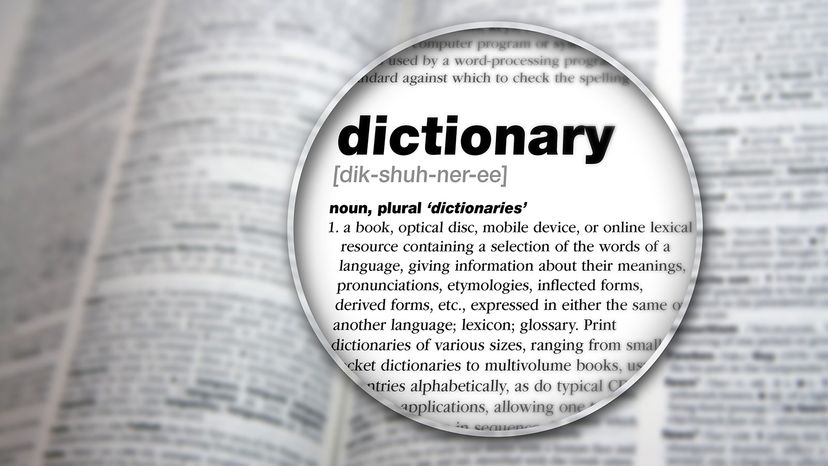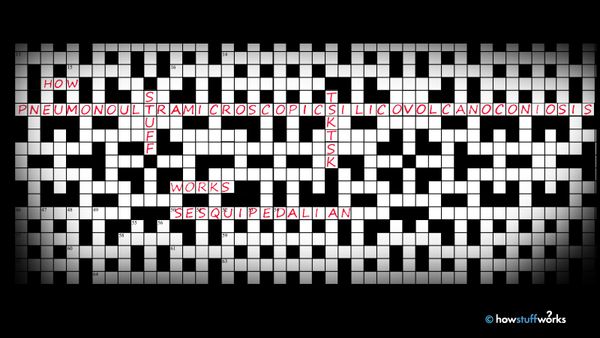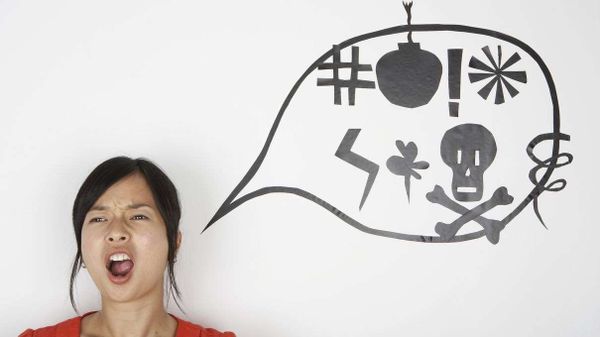
Emotions, intentions, thoughts and ideas. We use language to pull abstractions from the ether and transform them into concrete communication tools. How could we progress as a culture unless we shared a common understanding for popular words in the English language, such as book, friend, laugh, think or often, or uncommon words like biblioklept, nauseant or hirquiticke?
But that doesn't mean words don't fall out of fashion. In 2021, nine words were removed from dictionaries, or classified as "archaic," "historical" or "obsolete." Aerodrome, for example, was determined to no longer be applicable to modern life because we collectively call airplane landing fields "airports." Likewise, "frutescent," which refers to an object or person having the appearance of a shrub, was removed from the Merriam-Webster dictionary, as was "frigorific," which has been replaced by the more commonly used "frigid."
Advertisement
So who, exactly, makes the decision to remove a word from a dictionary?
The culling of dictionary words is left to lexicographers, who not only decide which words to remove but also add new words and update changing definitions or pronunciations. Lexicographers also are responsible for adding new words. In 2022, for example, "demisexual" and "vaxxed" were new additions to the Oxford English Dictionary, along with "humblebrag," which was added to the Merriam-Webster Dictionary.
Whether it's the Oxford English Dictionary, Merriam-Webster Dictionary, American Heritage Dictionary — or an exclusively digital version such as Dictionary.com — each type of dictionary has its own process for removing words and this information isn't always publicly available. While some dictionaries don't share the decision-making tree for word removal, the American Heritage Dictionary removes words created before the year 1755 that are only sporadically used in modern life.
When lexicographers remove a word from the dictionary, it doesn't mean that word ceases to exist. It also means that we, collectively, have the power to influence which words stay. If you'd like to return "skedaddle" to popular usage, then you'd better get to it — fast.
Truth is, it's actually quite difficult for a word to lose its place in a dictionary. Lexicographers don't take word-removal lightly. When a word comes into question, dictionary editors will embark on a rigorous examination of meaning, usage and popularity across sprawling language databases that cover a variety of mediums. Often, words that are marked for deletion from printed dictionaries are allowed to remain part of online dictionaries. This culling process for print editions allows dictionaries to remain relevant and, frankly, portable. Without removing words, we'd need a wheelbarrow to move our paper dictionaries like the Oxford English Dictionary, which contains about 600,000 entries — an estimated half of all the words used in the English language.
Despite carefully executed word addition and removal procedures, dictionaries aren't impervious to mistakes. For a time, "redripening" appeared in most dictionaries as one word, when it actually should have been hyphenated, as in a "red-ripening" strawberry.
The lexicographers behind some dictionaries have even wised up to competitors scraping their content and remarketing it as their own. The Oxford English Dictionary once included the fake word "esquivalience," along with the made-up definition of "the willful avoidance of one's official responsibilities," so they could spot other dictionaries ripping off their copyrighted work.
Advertisement

